Highlights
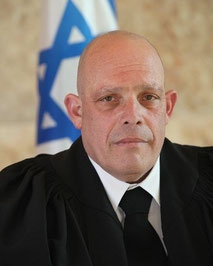
Hon. Judge Erez Shani, of the Family Court of Tel Aviv,
opened the conference with a call for the courts to set and maintain firm boundaries in order to support children.
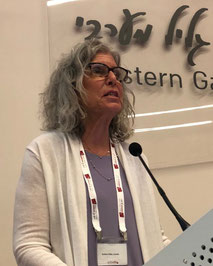
Our special guest speaker Barbara Jo Fidler talked about the importance of therapeutic interventions and described why alienation
should be treated as a child protection issue.
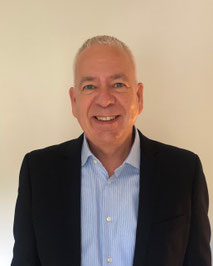
Nick Woodall, from London, emphasised the need for alienated children to be treated as subjects of their own experience rather than as objects of parental dispute.
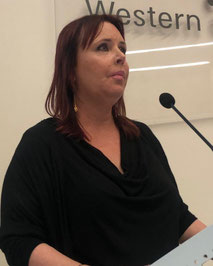
Dr Inbal Kivenson Bar-On, of Haifa University, spoke about the pressure on the child’s attachment system causing psychological splitting and the loss of self.
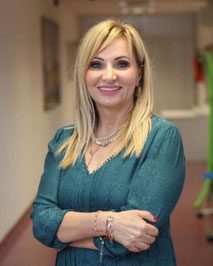
Prof Dr Sc Gordana Buljan Flander, an expert on child abuse from Zagreb, joined the conference via Zoom, setting alienation within the context of psychological and emotional child abuse and child protection.
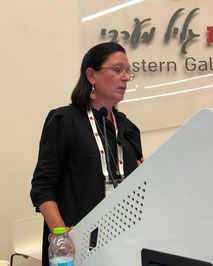
Existential psychotherapist Dr Claire Francica, from Malta, gave a fascinating presentation, in which she explored the complex role of court reporter from a Sartrian perspective.
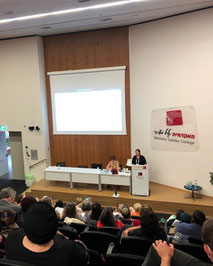
A common theme from the conference was the need to do, rather than say, in reunification work. Children are unable to speak their experiences; the attachment bond is primarily re-activated through activity.
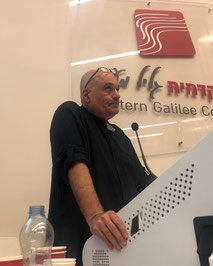
Supervising Clinical Psychologist, Avner HaCohen, looked at paranoid-schizoid defence mechanisms in alienating parents and how it operates in clinical work with families.
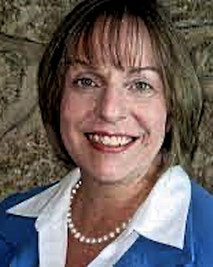
Licensed and nationally board certified psychotherapist, Dr Judith Pilla, joinied the conference via Zoom from Philadelphia, to talk about the role of shame in cases of alienation.
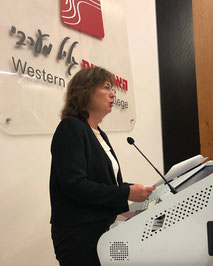
Hon Judge Shiri Hyman, Family Court Vice President, talked about the importance of the interlock between judicial and therapeutic interventions when working with cases that involve alienation dynamics.
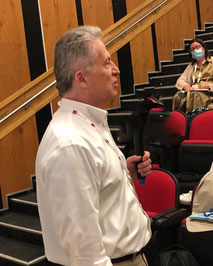
Special guest speaker and licensed psychologist, Benjamin D. Garber, Ph.D. from the United States, was clear about the need to work with dynamics rather than diagnoses when assessing and treating alienation cases.
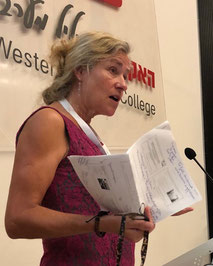
Dr Sietske Dijkstra, a domestic violence expert from the Netherlands, explored coercive control and domestic abuse dynamics in cases of alienation and children's rejection of an attachment figure.
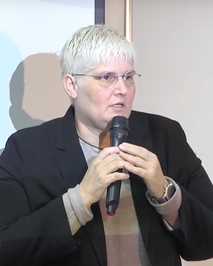
Prof Tirtsa Joels, Senior Lecturer of Psychology and Child Development at Haifa University, joined the conference via Zoom and described the development-mental harm children suffer when they are exposed to toxic stress
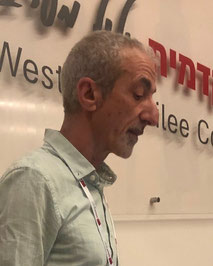
Clinical psychologist and senior lecturer, David Banai, described the similarities between the inducement of children and recruitment into cults, and suggested that a child must suppress its core memories in order to reject an attachment figure.
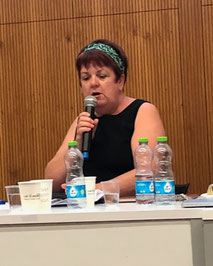
Karen Woodall reminded the conference that, whilst a child may need to be protected from the harmful behaviours of a parent, a successful intervention allows and supports a child to retain a positive relationship with their internalised object relationship to that parent.
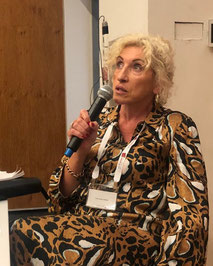
Joan Long, a clinical psychologist from the Republic of Ireland described hesitancy in the system, the complex challenges of working with alienation cases and the need for boundaries in the family and the system when carrying out clinical work.
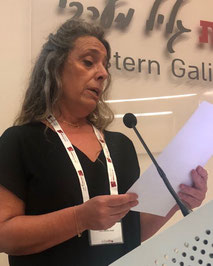
Couple and family therapist, Dikla Sherel from Israel, talked about the systems around the family and the impact of interventions
on both children and parents.
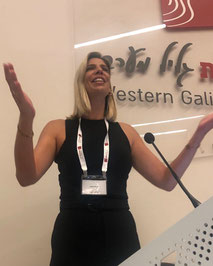
Israeli family lawyer, Moran Samun LLM, expanded on the interaction between law and psychotherapy and described the role of lawyers in managing complex cases.
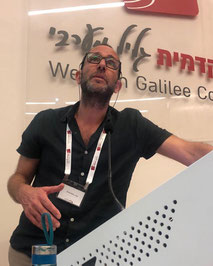
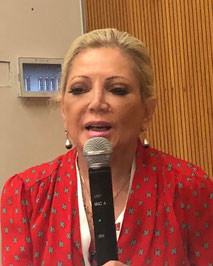
Dr Alice R. Berkowitz, clinical and forensic psychologist who practices in California, talked about her long experience of working with alienation, and reflected on how therapists can work with negative projections.
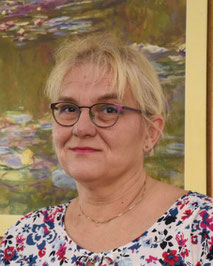
Teodora Minčić, a psychologist and specialist in Medical Psychology, joined the conference from Belgrade to talk about the hostile and ideological environment encountered by child protection workers and the need for practitioner safety.
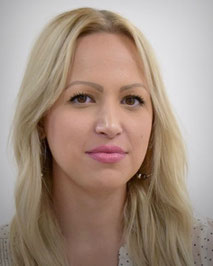
The final presentation came from psychologist Mia Roje Đapić who spoke about the negative projection directed at practitioners by
campaign groups and the harm that this can do to children’s safety, development and long-term well being.
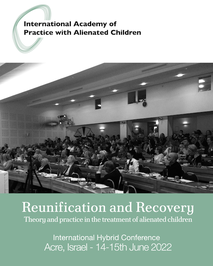
The #IAPAC2022 conference closed after two days of stimulating, clinical and theoretical discussion about the issue of children who become alienated from their authentic selves as their family separates. The Chair extended grateful to the Western Galilee College, the
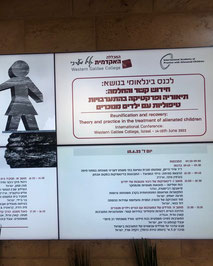
Department of Counselling and Human Development at Haifa University, the conference translators and technicians, all of the speakers and, also, the 248 people who attended in person or online.
